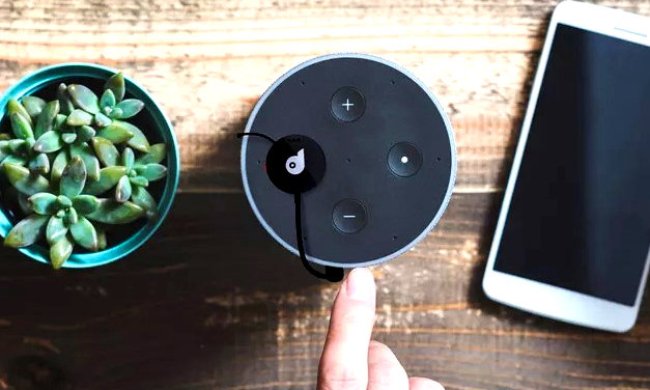Looking to solve the age-old problem of spoilage is a new startup in Santa Barbara, California. Its name is Apeel Sciences, and its product is known as Edipeel. It is a blended powder comprised of uneaten foodstuff such as fruit skins, stems, and leaves, that can be sprinkled onto foodstuff you would like to eat to keep fresher, longer. Simply put, Edipeel is a “micro-thin, invisible peel that protects the delicate surface of the fruit, reducing oxidation and water loss that cause produce to shrivel and lose flavor.”
It’s a much-needed solution for the agriculture industry, which has long grappled with how to transport fresh produce from one side of the country (or the world) to the other, without sacrificing flavor or aesthetics. As Apeel points out, around 45 percent of harvested produce is lost to spoilage around the world, but a product like Edipeel can help. Not only can the powder ensure that your Florida tomatoes get to your New York bodega at peak freshness, but its powers of preservation also have the capacity to help conserve water, energy, and other resources.
Essentially, Edipeel provides a “barrier [that] slows down the rate that water evaporates out of the produce, and slows down the rate that oxygen gets into a produce,” explained James Rogers, CEO and founder of Apeel, in an interview with Fast Company. Edipeel is packaged in packets for easy transportation and distribution, but to use it, Rogers said, “We rip [the packets] open…and then we reconstitute them in liquid form. In that liquid form, we can then dip fresh produce in that solution or spray that solution onto a surface of a piece of produce. When it dries, it leaves behind this imperceptibly thin barrier of plant material on the outside of the produce.”
Already, Edipeel has been FDA approved and is beginning to make an appearance in some locations across the U.S. But Apeel has much larger dreams for Edipeel and now that the startup has raised $40 million, it certainly has the capital to chase them.
“It takes 30 days to get blueberries grown in Chile to market in the United States, which means they have to be picked before they’re ripe and shipped under heavy refrigeration,” Rogers told the New York Times. “We can change that.”


